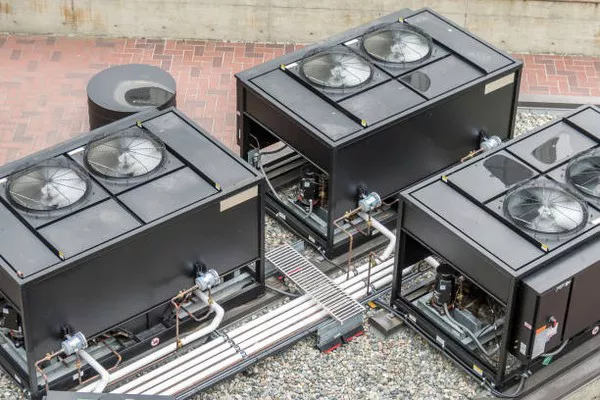Generators play a pivotal role in providing power during times of electrical outage or in areas where grid power is unavailable. These devices come in various types, each with its unique characteristics and applications. In this guide, we will delve into the different types of generators, their functionalities, and their suitability for various purposes.
1. Portable Generators
Portable generators are versatile power solutions designed for temporary or emergency use. They are typically compact, lightweight, and easy to transport, making them ideal for camping trips, outdoor events, construction sites, and residential backup power.
Inverter Generators
Inverter generators are a type of portable generator known for their quiet operation, fuel efficiency, and stable power output. They utilize advanced electronics to produce clean and consistent electricity, making them suitable for sensitive electronic devices such as laptops, smartphones, and medical equipment.
Conventional Generators
Conventional generators, also known as open-frame generators, are the traditional type of portable generators. They are relatively more affordable than inverter generators but may produce slightly less stable power output. However, they are still suitable for powering basic appliances and tools during emergencies or outdoor activities.
2. Standby Generators
Standby generators are permanent fixtures installed outside homes, businesses, or industrial facilities to provide backup power during outages. They are connected directly to the electrical system and automatically activate when the main power supply fails, ensuring uninterrupted power supply.
Air-Cooled Standby Generators
Air-cooled standby generators are compact units that use fans to dissipate heat generated during operation. They are more affordable and easier to install than liquid-cooled generators, making them a popular choice for residential backup power applications.
Liquid-Cooled Standby Generators
Liquid-cooled standby generators are larger units equipped with a liquid cooling system, typically using coolant such as water or antifreeze. They are capable of handling higher loads and are more durable than air-cooled generators, making them suitable for commercial and industrial backup power needs.
3. Inverter Generators
Inverter generators, as mentioned earlier, are known for their clean power output and fuel efficiency. They are characterized by their ability to adjust engine speed based on the power demand, resulting in quieter operation and reduced fuel consumption compared to conventional generators.
Parallel-Ready Inverter Generators
Parallel-ready inverter generators are designed to be connected in parallel with another compatible generator to increase power output. This feature provides flexibility and scalability, allowing users to tailor their power supply according to their specific needs.
4. Solar Generators
Solar generators harness the sun’s energy to generate electricity, offering a clean and renewable power solution. They consist of solar panels, a charge controller, a battery bank, and an inverter to convert solar energy into usable AC power.
Portable Solar Generators
Portable solar generators are compact systems designed for outdoor activities, camping, RV trips, and emergency backup power. They are lightweight, easy to set up, and environmentally friendly, making them an excellent choice for off-grid power needs.
Home Solar Power Systems
Home solar power systems are larger setups installed on rooftops or in open spaces to provide electricity for residential properties. They can be grid-tied, allowing homeowners to sell excess energy back to the grid, or off-grid, providing complete independence from the utility company.
FAQs
1. What fuel types are commonly used in generators?
Generators can run on various fuel types, including gasoline, diesel, propane, and natural gas. The choice of fuel depends on factors such as availability, cost, and intended use. Gasoline is widely used in portable generators due to its convenience, while diesel is preferred for standby generators in commercial and industrial settings due to its efficiency and durability.
2. How do I determine the right size generator for my needs?
The size of the generator you need depends on the power requirements of the appliances or equipment you want to power. Calculate the total wattage of all the devices you plan to run simultaneously and choose a generator with a rated wattage slightly higher than that. It’s also essential to consider factors like starting wattage, motor loads, and any additional power needs for future expansion.
3. What maintenance is required for generators?
Regular maintenance is crucial to ensure the reliable operation of generators. This includes tasks such as checking oil levels, inspecting fuel filters, testing batteries, and cleaning air filters. It’s also essential to run the generator periodically to prevent fuel system issues and keep the engine lubricated. For standby generators, professional servicing and load bank testing are recommended at least once a year.
See Also What Size Generator Will Run A House
In conclusion
Generators come in various types, each catering to different power needs and applications. Whether you require temporary backup power for outdoor activities, reliable standby power for your home or business, or a sustainable energy solution with solar power, there’s a generator type suited to your requirements. Understanding the capabilities and limitations of each type will help you make an informed decision when selecting the right generator for your needs.

